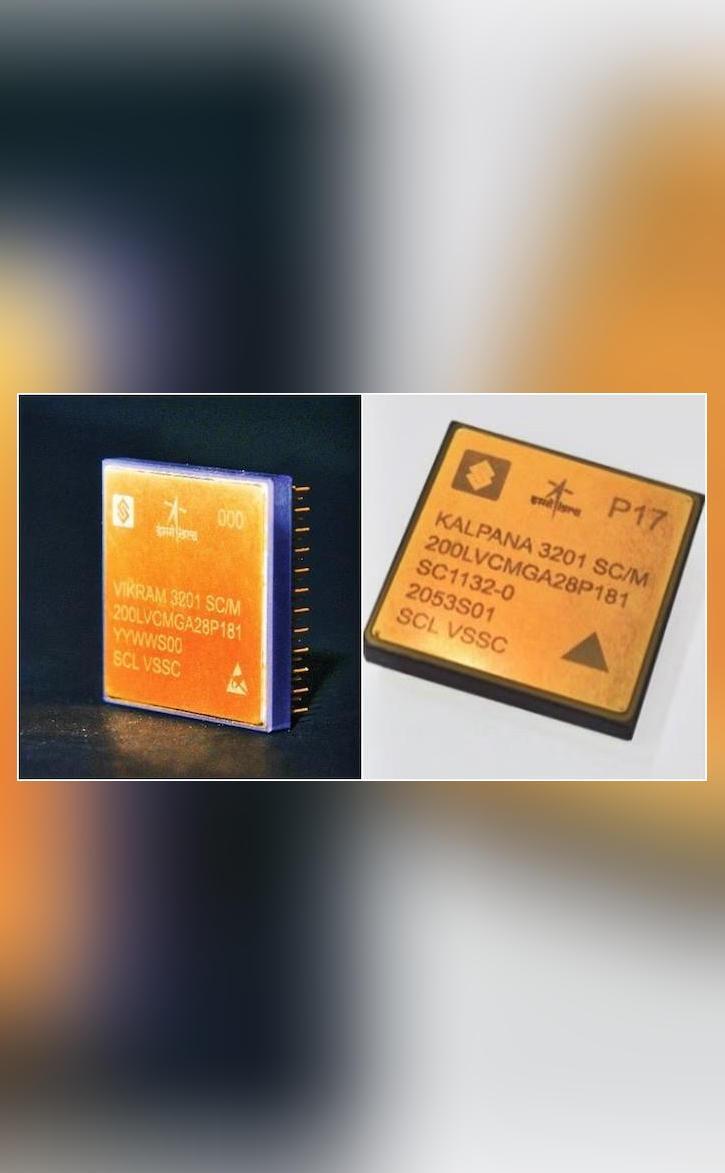
ISRO & SCL Develop 32-bit Microprocessors for Space Applications
The Indian Space Research Organisation (ISRO) and the Semiconductor Laboratory in Chandigarh have made a significant breakthrough in the development of microprocessors for space applications. The two organizations have jointly developed two 32-bit microprocessors, VIKRAM3201 and KALPANA3201, which have been designed to operate in the harsh environmental conditions of launch vehicles.
The VIKRAM3201 microprocessor is a remarkable feat, being the first fully “Make-in-India” 32-bit microprocessor that has been qualified for use in the extreme conditions of launch vehicles. This achievement is a testament to the capabilities of Indian scientists and engineers, as well as the country’s ability to develop cutting-edge technology indigenously.
The development of these microprocessors is a significant step forward for ISRO and SCL, and has the potential to revolutionize the field of space technology in India. The microprocessors are designed to operate in temperatures ranging from -20°C to 125°C, and can withstand the intense vibrations and shocks that occur during launch.
The VIKRAM3201 microprocessor is a 32-bit, RISC-based (Reduced Instruction Set Computing) processor that has a clock speed of 16 MHz. It is designed to be highly reliable and has a number of features that make it well-suited for use in space applications. These include a low power consumption of 1.5 watts, a high level of radiation tolerance, and a high degree of fault tolerance.
The KALPANA3201 microprocessor, on the other hand, is a 32-bit, CISC-based (Complex Instruction Set Computing) processor that has a clock speed of 12.5 MHz. It is designed to be highly efficient and has a number of features that make it well-suited for use in space applications. These include a low power consumption of 1.2 watts, a high level of radiation tolerance, and a high degree of fault tolerance.
Both microprocessors have been developed using advanced semiconductor manufacturing technology, and have undergone rigorous testing to ensure their reliability and performance. They are designed to be used in a variety of space applications, including launch vehicles, satellites, and space stations.
The development of these microprocessors is a significant achievement for ISRO and SCL, and has the potential to benefit the entire space industry in India. The microprocessors are designed to be highly reliable and efficient, and are well-suited for use in a variety of space applications.
In addition to their use in space applications, the VIKRAM3201 and KALPANA3201 microprocessors have the potential to be used in a variety of other fields, including automotive, industrial control, and consumer electronics. The development of these microprocessors demonstrates the capabilities of Indian scientists and engineers, and has the potential to benefit a wide range of industries.
The development of these microprocessors is a testament to the capabilities of ISRO and SCL, and demonstrates the organization’s commitment to developing cutting-edge technology for space applications. The microprocessors are designed to be highly reliable and efficient, and are well-suited for use in a variety of space applications.
In conclusion, the development of the VIKRAM3201 and KALPANA3201 microprocessors is a significant achievement for ISRO and SCL, and has the potential to benefit the entire space industry in India. The microprocessors are designed to be highly reliable and efficient, and are well-suited for use in a variety of space applications. The development of these microprocessors demonstrates the capabilities of Indian scientists and engineers, and has the potential to benefit a wide range of industries.






